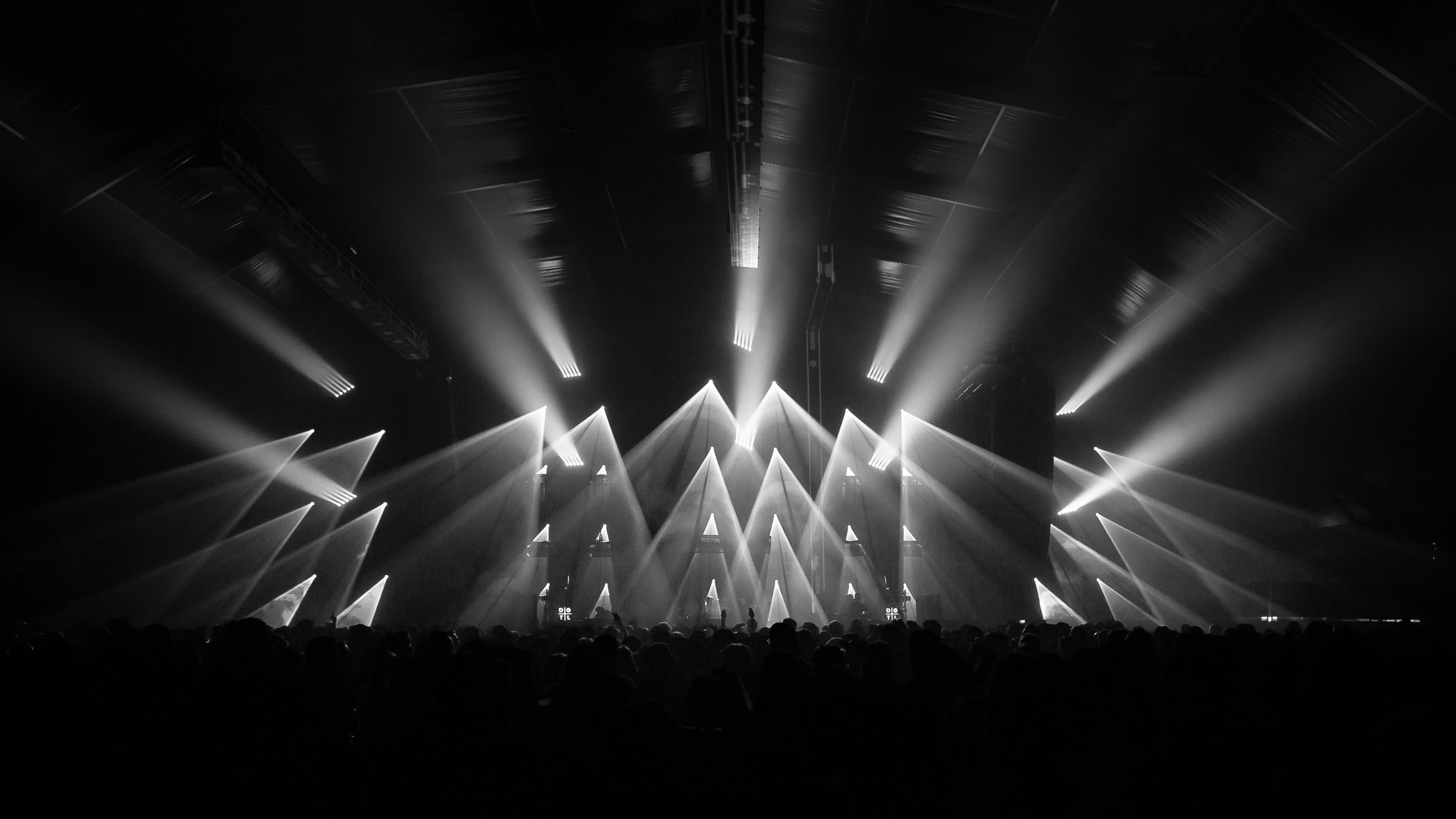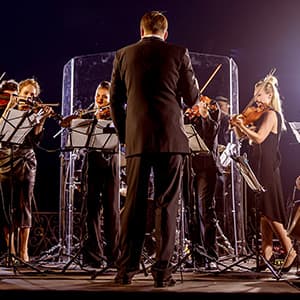

Saint Sans Tickets
Up to 30% Off Compared to Competitors.
Location: Select Location (e.g, New York)
Events Nearby
We're Sorry. There are currently no events near you.
About Saint-Sans
In current events, Saint-Saëns' works continue to be a staple in concert repertoires around the world. Orchestras and concert halls are reviving his compositions, with performances of his symphonies and concertos occurring regularly. Notably, the Saint-Saëns Piano Concerto No. 2 and Symphony No. 3, known as the 'Organ Symphony', are frequently featured in concert programs due to their rich textures and engaging melodies. In recent years, many music festivals have included dedicated performances of his works, attracting audiences who appreciate both his melodic genius and innovative orchestration. Additionally, various orchestras have begun to explore lesser-known pieces by Saint-Saëns, introducing audiences to the breadth of his talent beyond his most famous works. Furthermore, the centenary of his death in 2021 led to numerous tribute concerts and special events celebrating his life and contributions to music. These concerts often include educational components, highlighting his influence on modern composers and the evolution of concert music. In essence, the legacy of Saint-Saëns continues to thrive in the contemporary concert scene, ensuring that his music remains alive and relevant for new generations of musicians and audiences.
Saint-Sans History
Camille Saint-Saëns, a French composer, pianist, and organist, was born on October 9, 1835, in Paris. He is one of the most significant figures in the development of French music in the 19th century. Saint-Saëns showed prodigious musical talent from a very young age, giving his first public concert at the age of 10. His compositions blend classical traditions with innovative ideas, which can be seen in his extensive oeuvre that includes symphonies, concertos, operas, and chamber music. One of his most celebrated works, "The Carnival of the Animals" (1886), showcases his ability to create vivid musical imagery. Saint-Saëns was also known for his role in establishing the symphonic poem as a genre and was a key figure in the early development of French Impressionism. His dedication to live performance and concert works was evident throughout his life, as he frequently performed as a pianist and conductor. Saint-Saëns' music was often premiered in concert settings, and he was an advocate for the works of other composers, including Gabriel Fauré and Claude Debussy. His legacy in concert music is profound, influencing generations of musicians and composers who followed.
